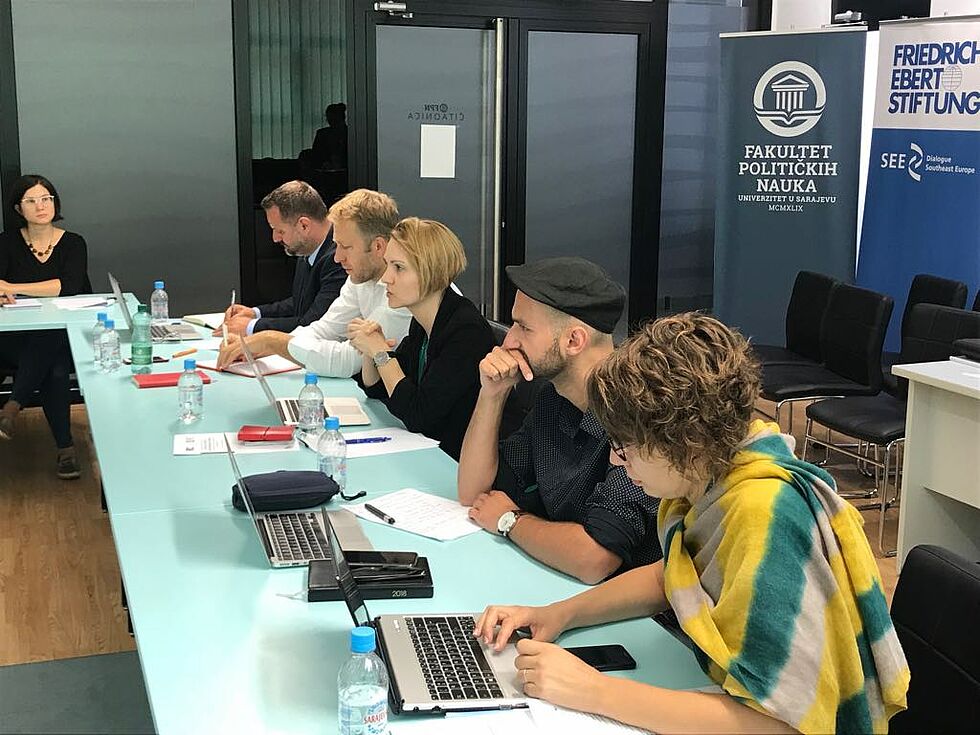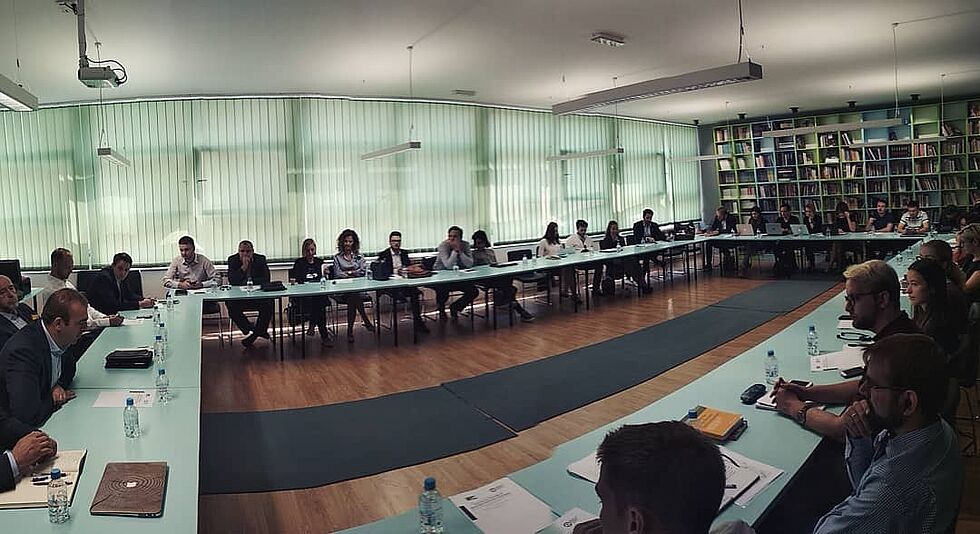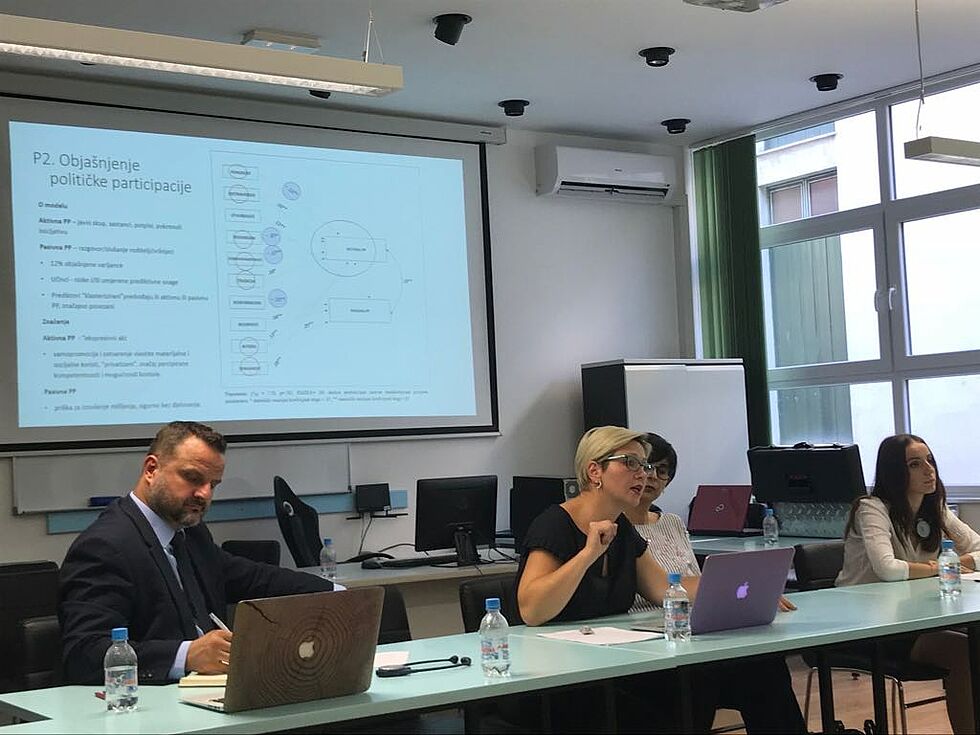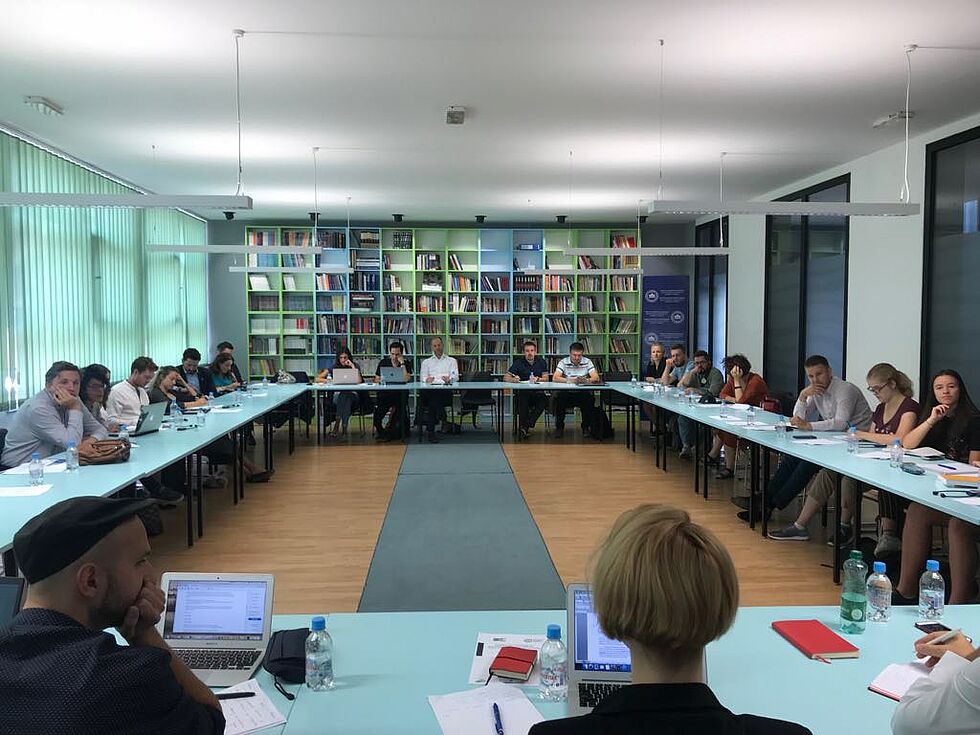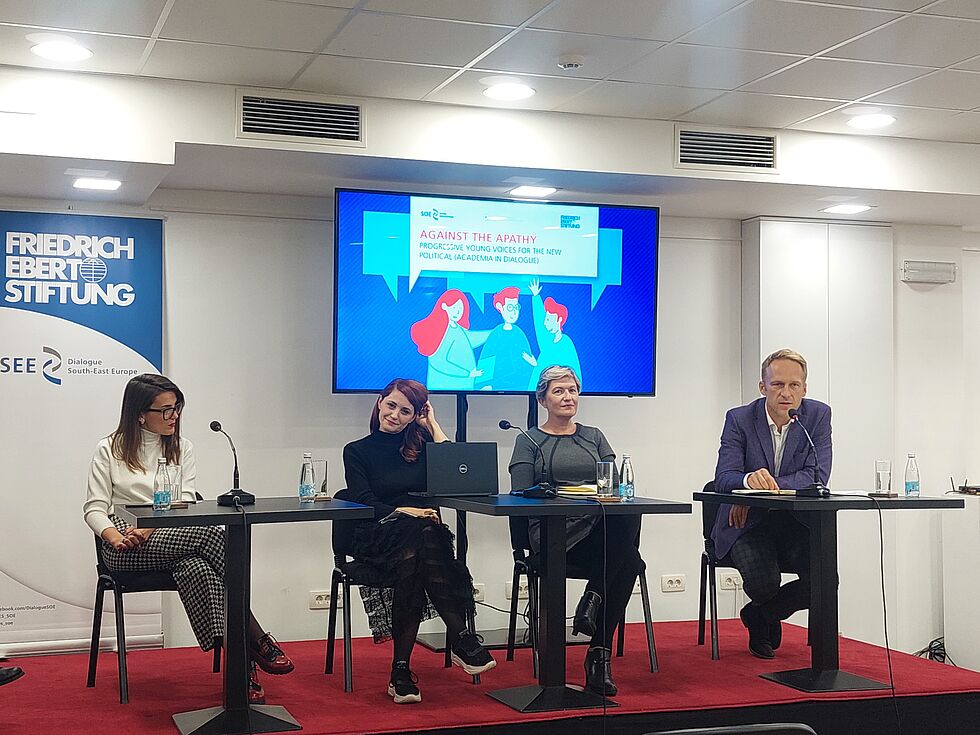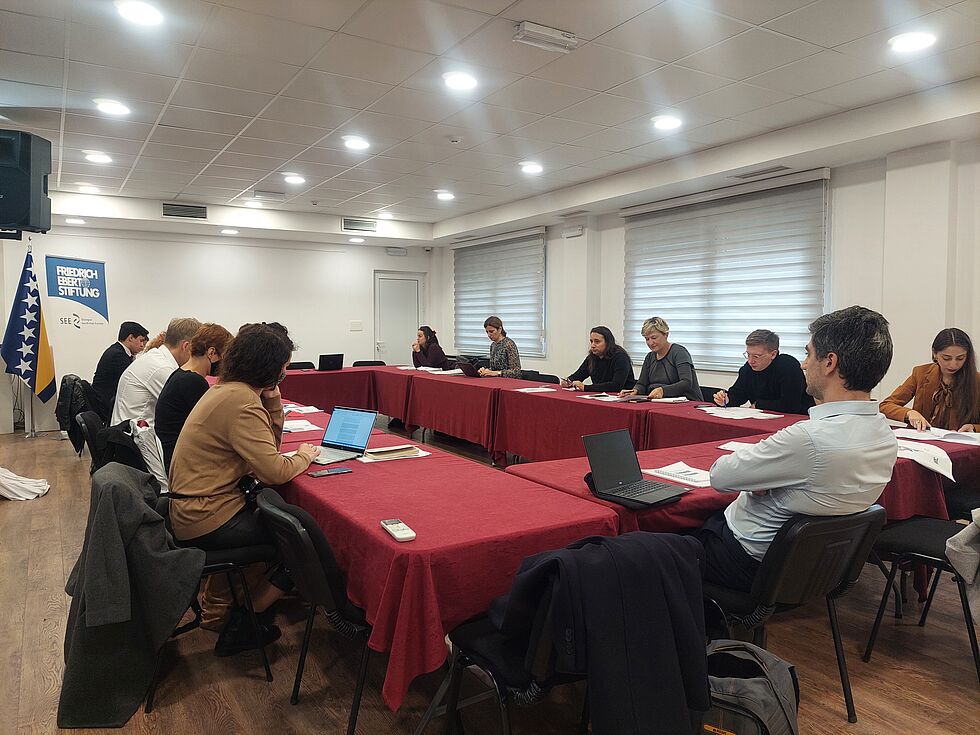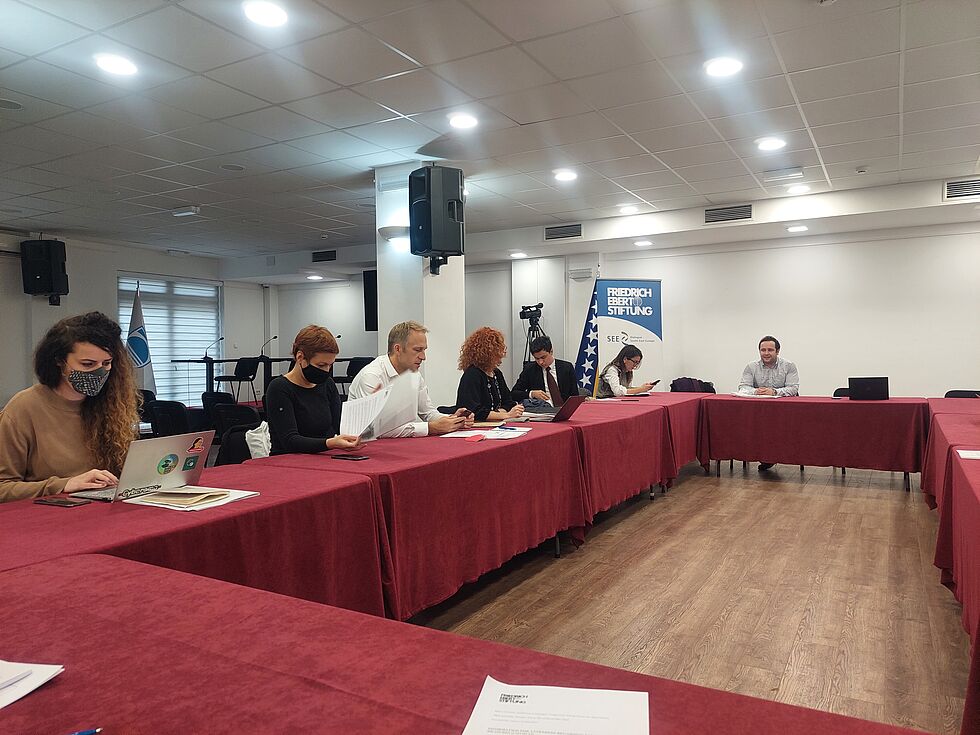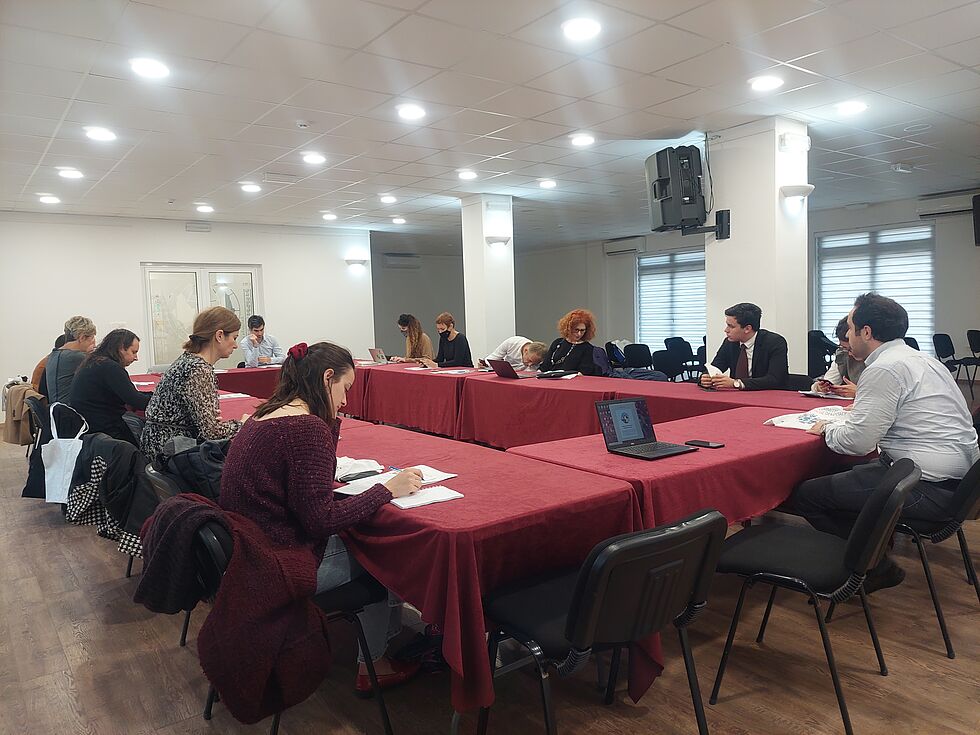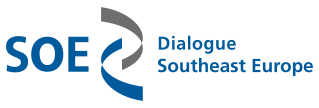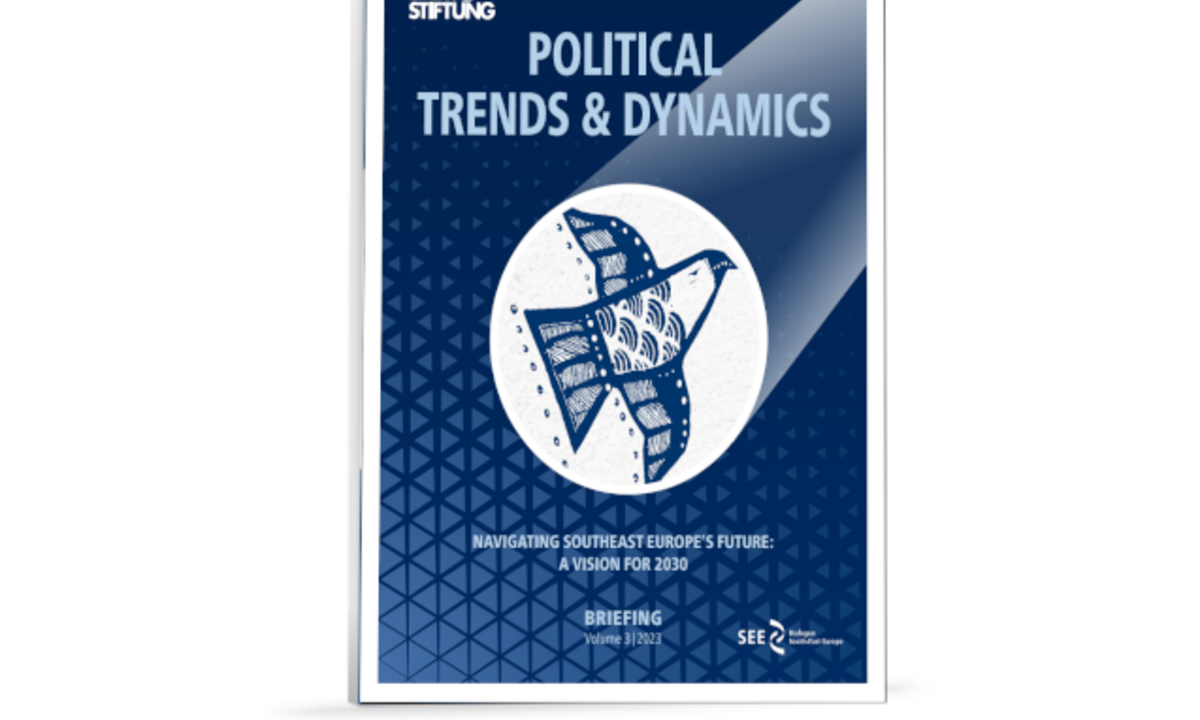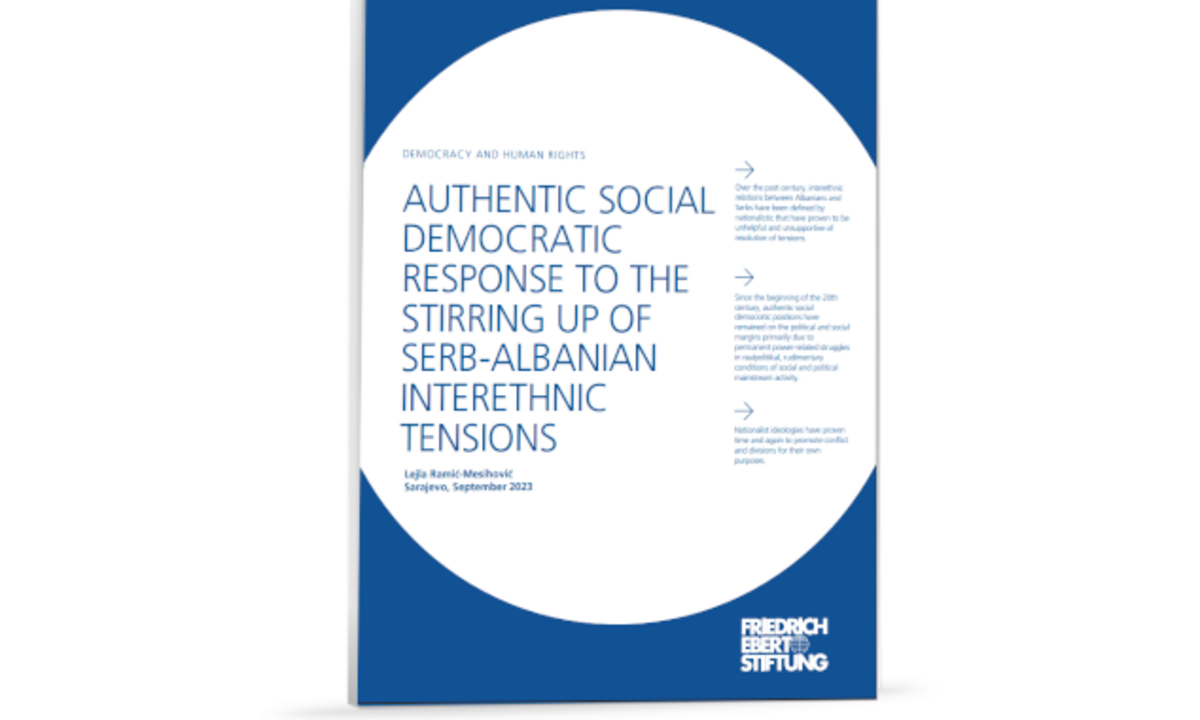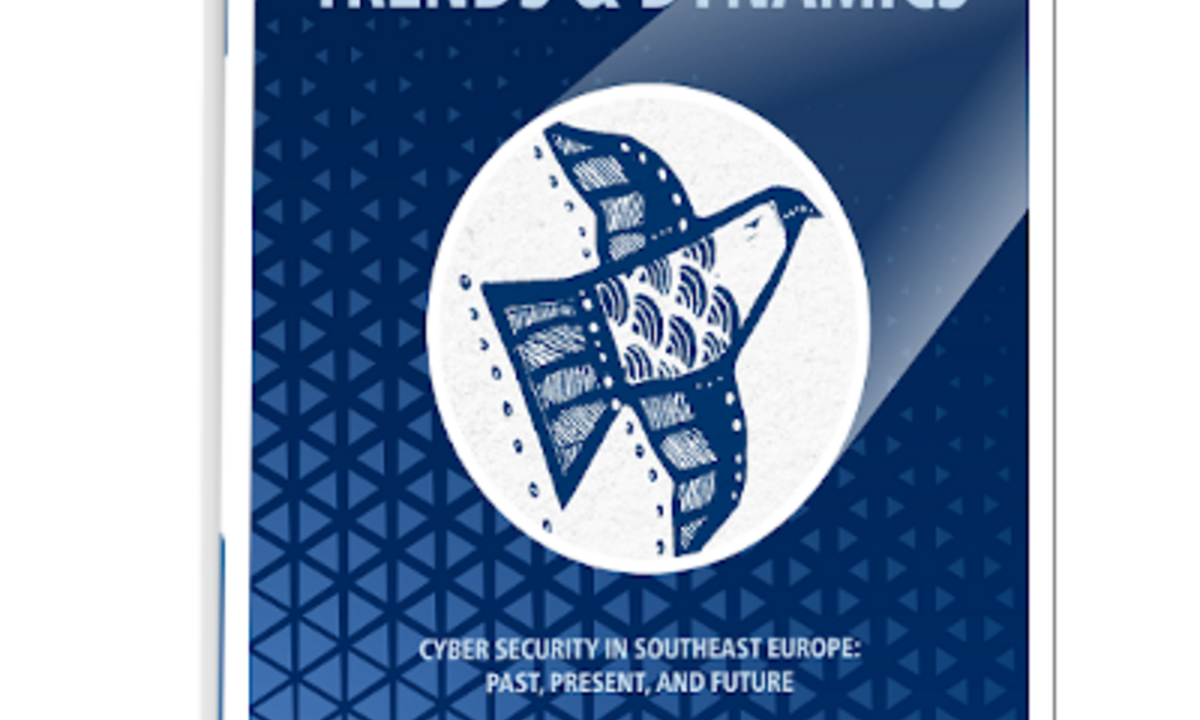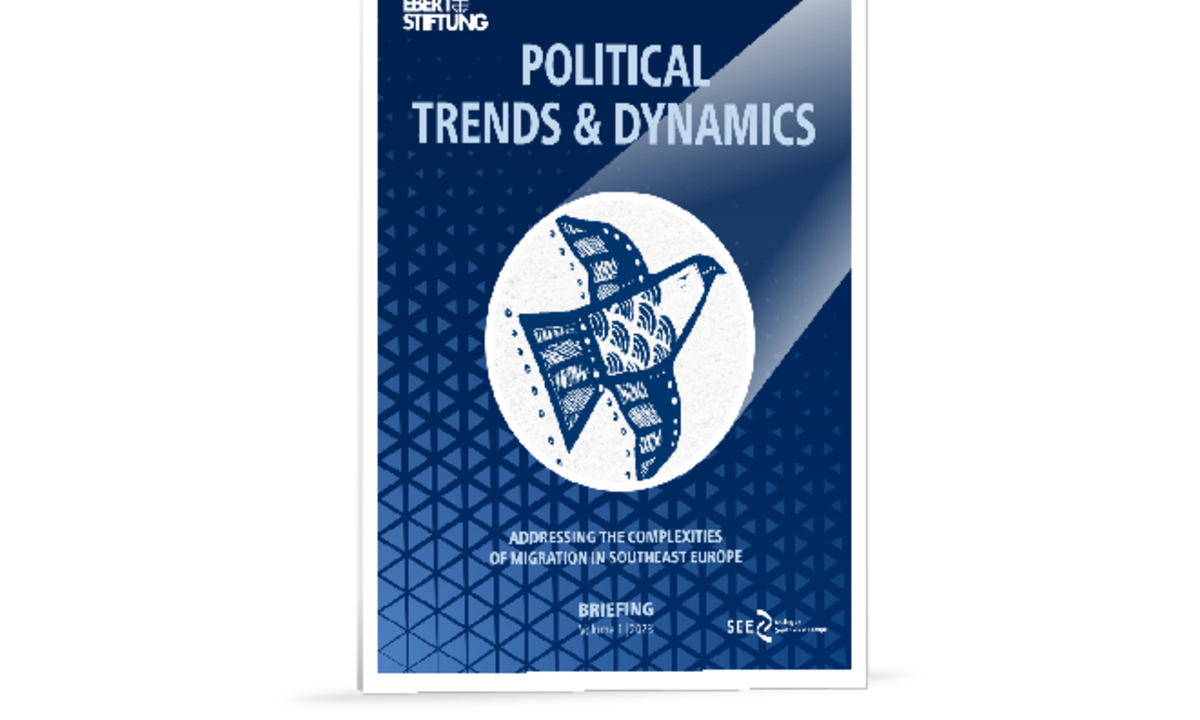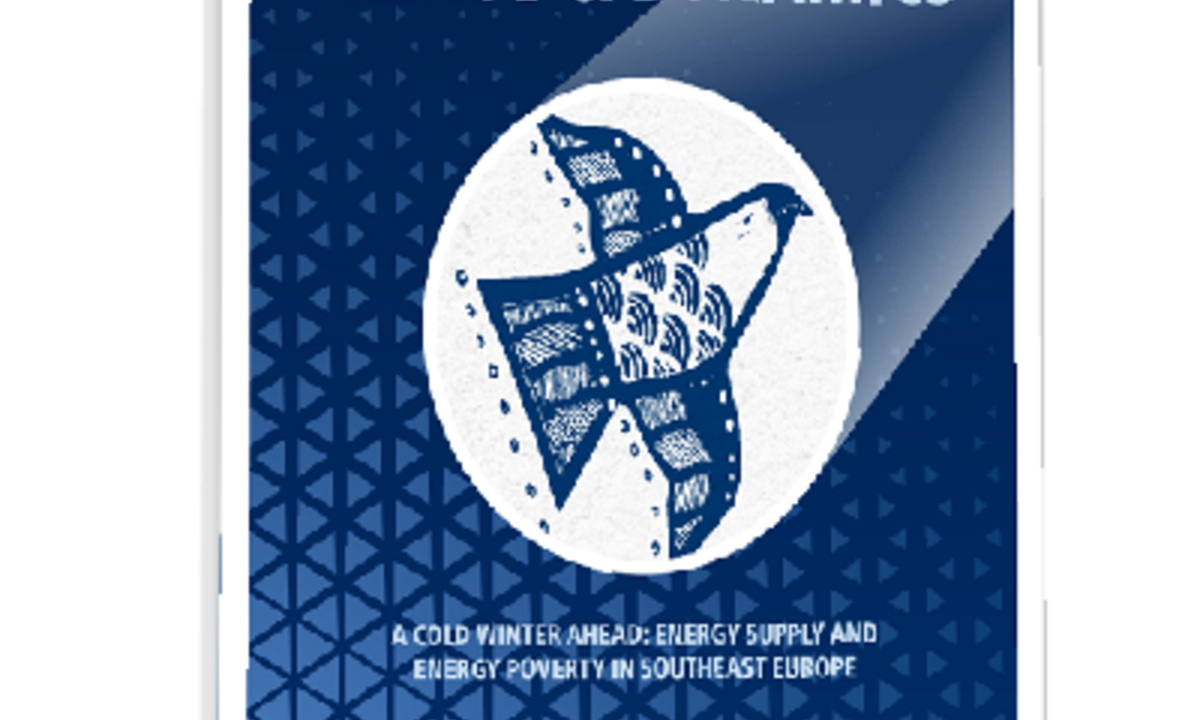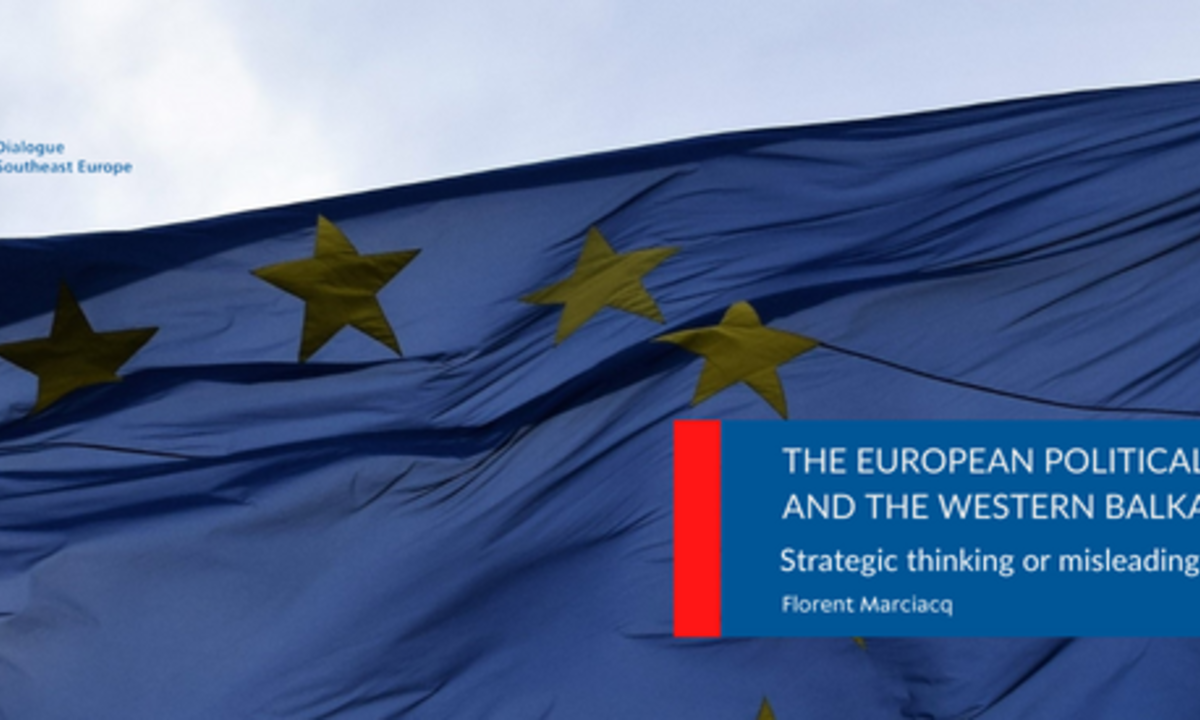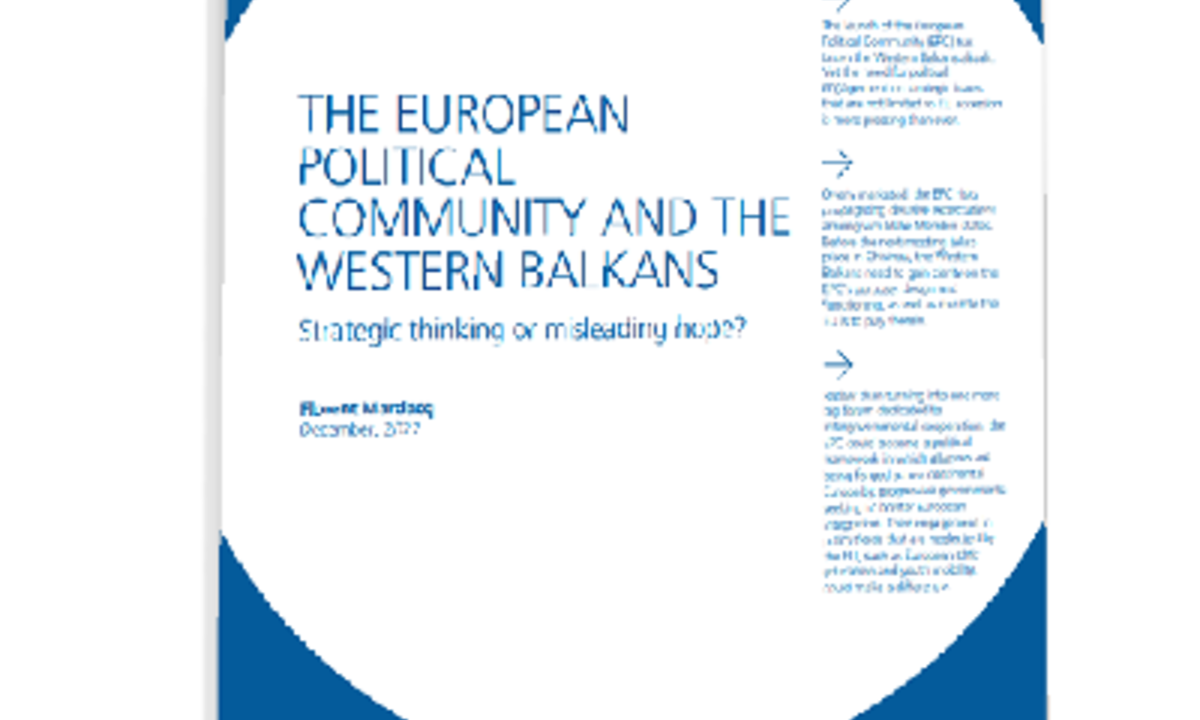Academia in Dialogue: Political Culture in the Western Balkans
In the fall of 2017, the FES started with a series of events that would provide a framework for exchanging views and insights among academics on the crisis of democracy in the Western Balkans and ways how to overcome this crisis. The idea was to foster network-building and partnership among progressive academic institutes throughout the region by addressing vital topics and questions related to the region’s democratization.
The third event, taking place in Sarajevo, brought discussions that focusing on a spectrum of factors that shape political culture in the Western Balkans such as traditions, norms, symbols, emotions, historical memories, and narratives.
Political culture was described as the sum of fundamental values, sentiments, and knowledge that gives form and substance to political processes. Hence, any process of political and wider social changes strongly depends on the quality of political culture and given the low level of political culture in the Western Balkans, discussing the topic remains extremely relevant.
The presentations during the workshop focused on how political culture is shaped by, for example, internal factors such as civic mobilizations but also, external factors, such as the role of the international community, but also how political culture developed in the region in the past 100 years. Discussions and presentations further focused on the Western Balkan’s backslide to authoritarianism and how ethno-nationalistic discourses shape political culture, whether the EU accession process managed to “Europeanize” domestic politics and the view of youth towards political participation.
It was concluded that due to a strong perception of politics and parties as corrupted, the Western Balkans’ citizens tend to see politicians as isolated elites, hence excluding themselves from political affairs and processes. However, there was agreement that there is some optimism in the activities of some bottom-up and grassroots movements that engage with politics and offer elements of alternative political culture.
Friedrich-Ebert-Stiftung
Dialogue Southeast Europe
Kupreška 20, 71000 Sarajevo
Bosnia and Herzegovina
Team & Contact
Subscribe to our mailing list and receive our publications as soon as they are available: send us your contact info via info.soe(at)fes.de


